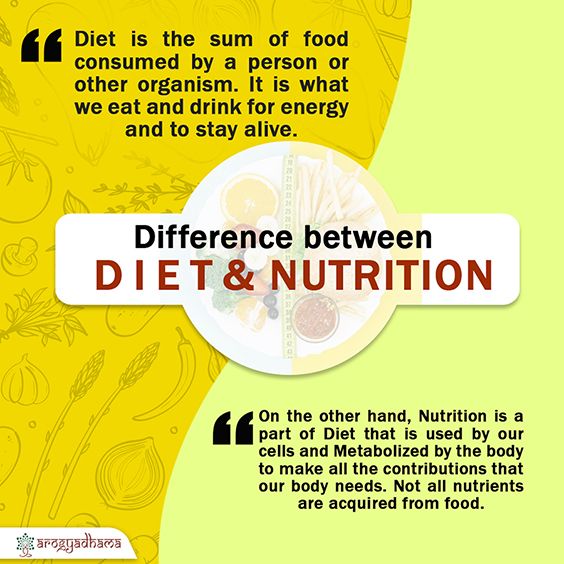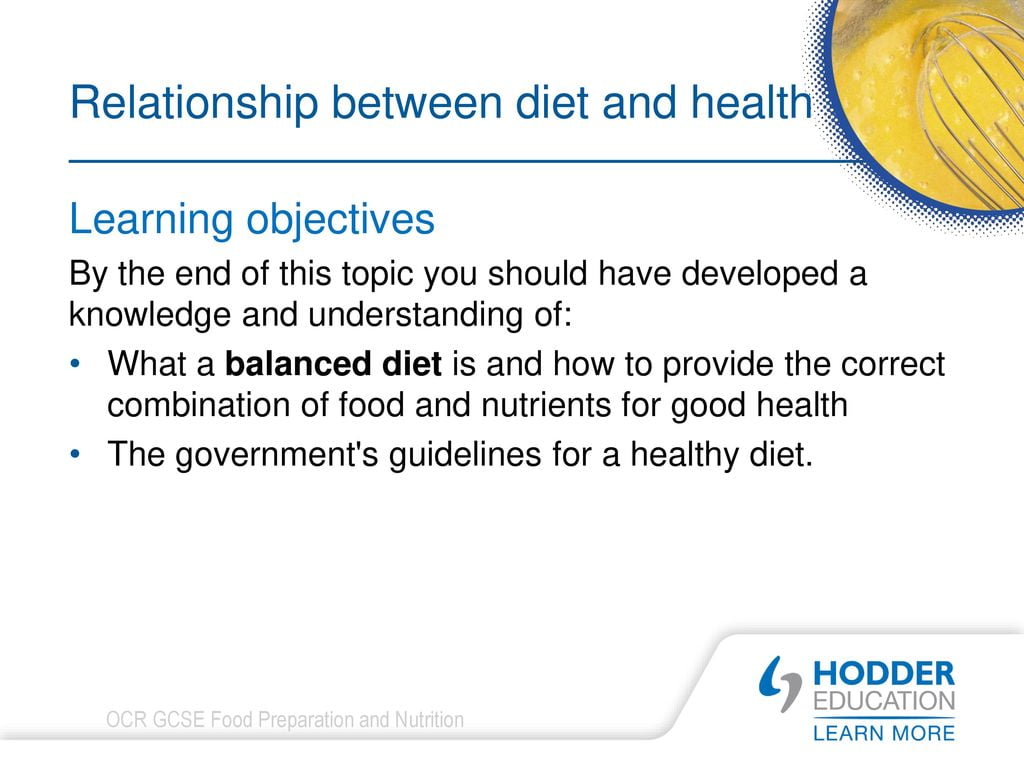Have you ever wondered how the food you eat can impact your genes? It may seem like a far-fetched idea, but the connection between diet and gene expression is a fascinating field of study. In this article, we will explore the question: How does diet and nutrition affect gene expression?
When we talk about gene expression, we are referring to the process by which the information encoded in our genes is used to create proteins. These proteins play a vital role in various bodily functions and can determine our susceptibility to certain diseases. What’s intriguing is that our diet and nutrition can influence this gene expression. By making conscious choices about what we eat, we can potentially alter the way our genes behave and impact our overall health and well-being.
It’s no secret that the food we consume provides the building blocks for our bodies. But it goes beyond just providing energy and nutrients. Certain components of our diet, such as vitamins, minerals, antioxidants, and phytochemicals, have the power to interact with our genes and influence their expression. By understanding how different nutrients and dietary patterns affect our genes, researchers hope to unlock the key to preventing and managing various health conditions. So, let’s delve into the exciting world of nutrigenomics and discover how our diet can shape our genetic destiny.

How Does Diet and Nutrition Affect Gene Expression?
Gene expression is the process by which genetic information is used to create functional molecules, such as proteins, within the body. It is influenced by a variety of factors, including diet and nutrition. What we eat can have a profound impact on our genetic expression, influencing our health and well-being.
The Role of Nutrients in Gene Expression
Nutrients play a vital role in gene expression. They act as signals that can turn genes on or off, influencing how they are expressed. For example, certain nutrients can activate genes that are involved in detoxification, helping to eliminate harmful substances from the body. On the other hand, a deficiency in specific nutrients may result in the downregulation of genes responsible for essential bodily functions.
One example of how diet and nutrition affect gene expression is through the consumption of omega-3 fatty acids. These essential fats are found in fatty fish, flaxseeds, and walnuts. Omega-3 fatty acids have been shown to activate genes involved in reducing inflammation, protecting against chronic diseases such as heart disease and diabetes. By including these foods in our diet, we can positively influence our gene expression and promote better health.
Impact of Macronutrients on Gene Expression
Macronutrients, such as carbohydrates, proteins, and fats, also play a role in gene expression. The balance of these nutrients in our diet can affect how our genes are expressed and impact our overall health.
Carbohydrates, for example, are a primary source of energy for the body. When we consume carbohydrates, our genes respond by producing insulin to help regulate blood sugar levels. However, a diet high in refined carbohydrates, such as sugary drinks and processed foods, can lead to insulin resistance and the upregulation of genes associated with inflammation and chronic disease.
Proteins are essential for building and repairing tissues in the body. They are also involved in various biochemical processes that regulate gene expression. A diet that provides an adequate amount of high-quality proteins can help ensure optimal gene expression and support overall health.
Fats, particularly the types of fats we consume, can also influence gene expression. Trans fats, found in many processed and fried foods, have been shown to upregulate genes associated with inflammation and increase the risk of chronic diseases. On the other hand, consuming healthy fats, such as monounsaturated fats found in olive oil and avocados, can positively impact gene expression and promote better health.
In conclusion, diet and nutrition have a significant impact on gene expression. The nutrients we consume act as signals that can turn genes on or off, influencing their expression and affecting our health. By making mindful choices about the types and amounts of nutrients we include in our diet, we can optimize our gene expression and promote better overall health.
Key Takeaways: How Does Diet and Nutrition Affect Gene Expression?
- Your diet and nutrition can influence how your genes are expressed.
- Eating a healthy diet rich in fruits, vegetables, and whole grains can positively impact gene expression.
- Unhealthy diets high in processed foods and sugars can negatively affect gene expression.
- Nutrients like omega-3 fatty acids and antioxidants play a role in gene expression.
- Gene expression can be influenced by lifestyle factors such as exercise and stress levels.
Frequently Asked Questions
How does diet affect gene expression?
Diet plays a crucial role in gene expression. The food we consume contains various nutrients that can influence the expression of our genes. For example, certain nutrients can activate or deactivate specific genes, leading to changes in our bodies at a molecular level. Additionally, the absence or excess of certain nutrients can also impact gene expression. A well-balanced diet that includes a variety of nutrients is essential for maintaining optimal gene expression.
Furthermore, studies have shown that different dietary patterns, such as the Mediterranean diet or a high-fat diet, can have specific effects on gene expression. For instance, the Mediterranean diet, rich in fruits, vegetables, whole grains, and healthy fats, has been associated with positive changes in gene expression related to inflammation, metabolism, and aging.
Can nutrition affect genetic predispositions?
Yes, nutrition can influence genetic predispositions. While we cannot change our genes, we can modify their expression through our diet. Certain nutrients can interact with our genes and impact their activity. For example, if someone has a genetic predisposition to a certain disease, such as heart disease, consuming a healthy diet can help mitigate the risk by influencing the expression of genes involved in cardiovascular health.
Moreover, epigenetic modifications, which are changes in gene expression that do not alter the underlying DNA sequence, can also be influenced by nutrition. These modifications can be inherited and affect future generations. Therefore, making healthy dietary choices can not only impact our own genetic predispositions but also those of our offspring.
What role do micronutrients play in gene expression?
Micronutrients, such as vitamins and minerals, play a crucial role in gene expression. They act as cofactors for enzymes involved in various cellular processes, including gene regulation. For example, vitamin D has been shown to affect the expression of genes involved in immune function, bone health, and cancer prevention.
Additionally, micronutrients can also modulate epigenetic modifications, which can have long-term effects on gene expression. For instance, folate, a B-vitamin, is involved in DNA methylation, a process that influences gene expression patterns. Adequate intake of micronutrients is essential for maintaining optimal gene expression and overall health.
How does diet impact the risk of developing certain diseases?
Diet plays a significant role in the development of certain diseases. Poor dietary choices, such as consuming a high-sugar or high-fat diet, can lead to metabolic disorders like obesity, type 2 diabetes, and cardiovascular disease. These diets can activate genes associated with inflammation, insulin resistance, and lipid metabolism, increasing the risk of developing these conditions.
On the other hand, a healthy diet rich in fruits, vegetables, whole grains, lean proteins, and healthy fats can reduce the risk of chronic diseases. This type of diet can positively affect gene expression by activating genes involved in antioxidant defense, inflammation regulation, and overall cellular health. Making conscious choices about our diet can have a profound impact on our long-term health outcomes.
Can diet and nutrition influence aging at a genetic level?
Yes, diet and nutrition can influence aging at a genetic level. Several studies have shown that certain dietary patterns, such as calorie restriction or the Mediterranean diet, can impact the expression of genes associated with aging. Calorie restriction, for example, has been shown to activate genes involved in DNA repair, antioxidant defense, and longevity.
Nutrients like resveratrol, found in foods like grapes and red wine, have also been linked to the activation of genes associated with longevity and healthy aging. Furthermore, a diet rich in antioxidants, which can be obtained from fruits and vegetables, can protect against cellular damage and slow down the aging process at a genetic level. Therefore, adopting a balanced and nutrient-rich diet can potentially slow down the aging process and promote healthy aging.

Gene Expression, Physiology, and the Food You Eat
Final Thought: How Diet and Nutrition Impact Gene Expression
When it comes to the fascinating intersection of diet, nutrition, and gene expression, we discover a whole new realm of understanding about our bodies and how they function. Throughout this article, we’ve explored the intricate relationship between what we eat and the way our genes are expressed. From the influence of nutrients and bioactive compounds to the powerful impact of epigenetics, it’s clear that our dietary choices can have a profound effect on our genetic makeup.
By diving into the world of nutrigenomics, we unlock the potential to optimize our health and well-being through personalized nutrition. Understanding how specific foods interact with our genes allows us to make informed choices that can potentially mitigate the risk of certain diseases or enhance our overall vitality. From increasing the consumption of nutrient-dense whole foods to incorporating phytochemical-rich fruits and vegetables, we have the power to shape our gene expression through the foods we consume.
As we continue to unravel the mysteries of the human genome and delve deeper into the intricate dance between diet, nutrition, and gene expression, it becomes increasingly clear that our lifestyle choices play a significant role in our genetic destiny. Armed with this knowledge, we can make empowered decisions to nourish our bodies in a way that optimizes our genetic potential. So, let’s embrace the power of food as medicine and embark on a journey towards a healthier, more vibrant life. After all, the key to unlocking our genetic potential may




